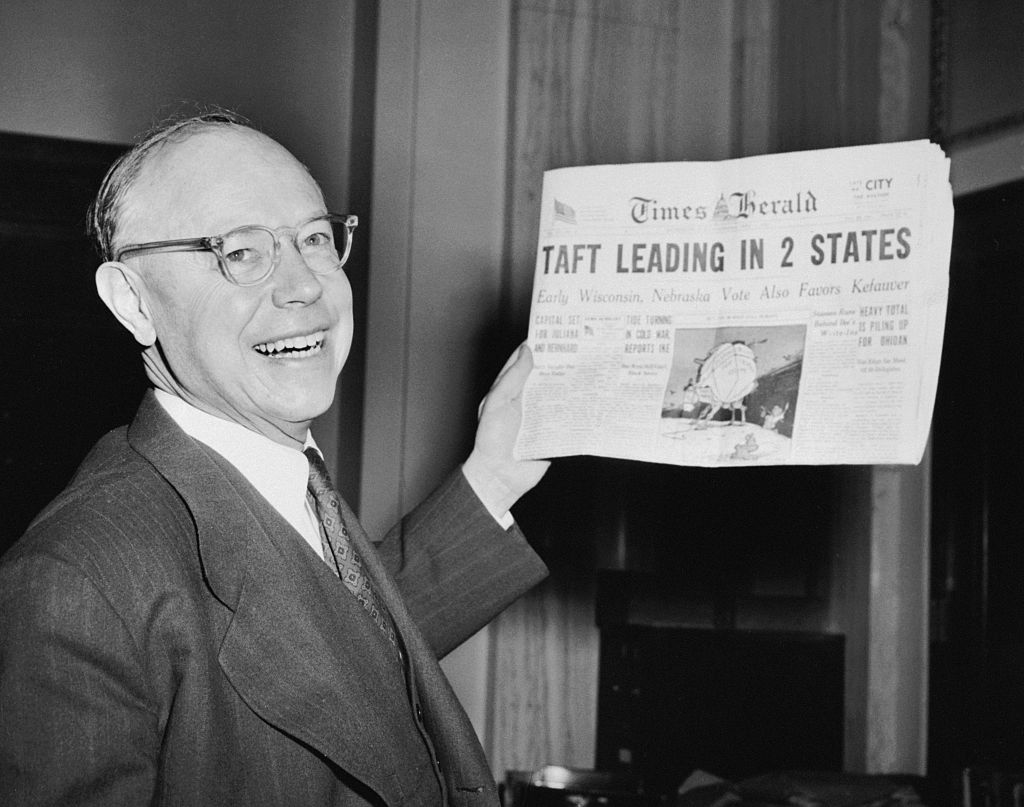
"Taft's critique centered on a bedrock legal principle: ex post facto law. The charges brought at Nuremberg-particularly "crimes against peace" and "conspiracy to wage aggressive war"-were not established crimes under international law when the defendants allegedly committed them. The tribunal represented victor's justice dressed in legal robes, establishing retroactive criminality to punish the vanquished. As Taft argued in an October 1946 speech, "The trial of the vanquished by the victors cannot be impartial no matter how it is hedged about with the forms of justice.""
"This was not, as his critics charged, sympathy for Nazis or moral equivalence. Rather, it reflected Taft's understanding that principles matter precisely when upholding them proves difficult or unpopular. The rule of law means nothing if it applies only when convenient. If we abandon legal principles to punish our enemies, we admit those principles were never truly binding-only useful fictions to be deployed against the powerless."
Robert A. Taft opposed the Nuremberg Trials on the ground that they violated the ex post facto principle by creating retroactive criminality for actions not previously defined as crimes. The charges of "crimes against peace" and "conspiracy to wage aggressive war" lacked established standing in international law at the time of the alleged acts. Taft characterized the tribunal as victor's justice and warned that abandoning legal principles to punish enemies renders the rule of law hollow. From a realist perspective, he noted Allied exemptions from similar scrutiny, citing actions such as strategic bombing and forced population transfers.
Read at The American Conservative
Unable to calculate read time
Collection
[
|
...
]